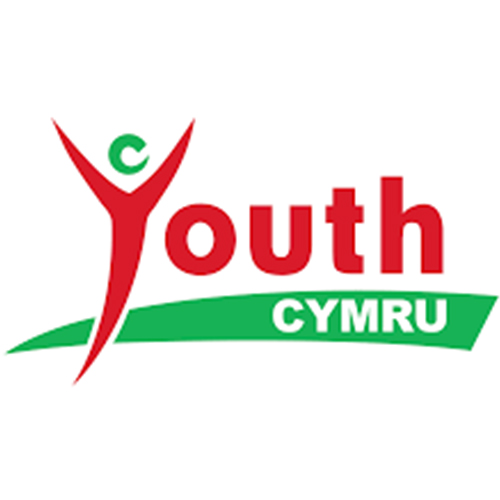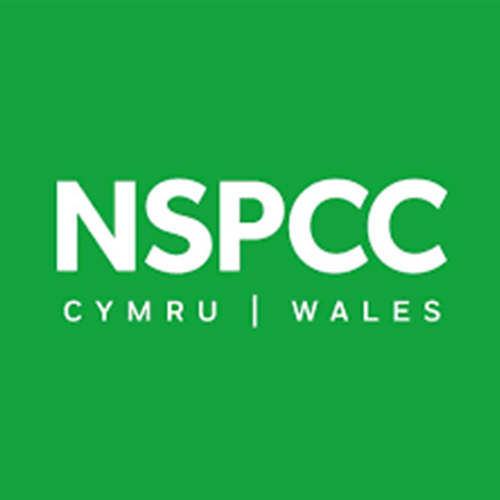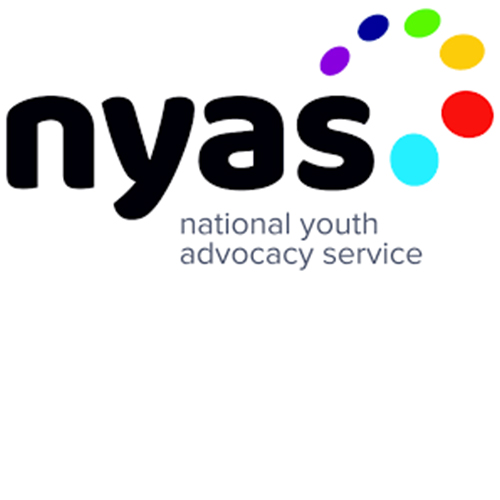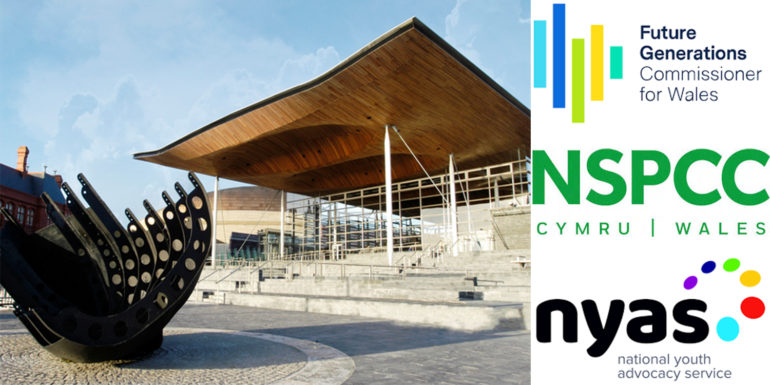Children and young people’s organisations share their manifestos ahead of the Senedd elections
IN the countdown to the Senedd elections on May 6, charities and other organisations have started to announce their own manifestos — what they would like to see our politicians carry out.
These manifestos can be really useful tools in deciding how to vote based on what is important to you. So, in the third of a series, we shall be giving you all the important takeaways.
This week: children and young people
This year’s Senedd election will see 16 and 17-year-olds allowed to vote for the first time. Issues high on their agenda include the climate crisis, mental health and reducing inequality.
There is also a strong emphasis on combatting child poverty in Wales — according to the National Society for the Prevention of Cruelty to Children, 29% of children in Wales live in poverty.
Groups representing children and young people are keen for their voices to be heard this election. Here is what they want from the next Welsh government.
The Children’s Commissioner in Wales
- More action to reduce child poverty in Wales, including free nursery care and greater provision of free school dinners and sanitary products;
- Greater involvement of children and young people in the fight against the climate crisis;
- Free bus and train travel for under 18s;
- Free adventure playgrounds and youth clubs across Wales;
- All secondary school children to have their own electronic device and internet access, new laws to protect the rights of home-educated children;
- Improved access to mental health support for children and an exam system that reduces stress and enables progression;
- Private companies to be prevented from making a profit in children’s homes and foster care;
- The United Nations Convention on the Rights of the Child to be fully integrated into Welsh law.


Youth Cymru
- Funding for the arts, culture and sport to be protected as Wales recovers from the pandemic;
- Improved investment in local youth work and centres by national and local government;
- Prioritisation of the climate crisis through nature recovery, a sustainable food strategy and investment in green jobs and infrastructure;
- A multi-stakeholder advisory committee to mitigate the pandemic’s impact on education and a more diverse, representation curriculum;
- A Universal Basic Income pilot, a ban on zero-hour contracts and an action plan to reduce gender and ethnicity pay gaps;
- Funding for business recovery, including incentives to tackle youth unemployment;
- .The UNCRC to be fully integrated into Welsh law;
- A new Mental Health Strategy with a young person focused approach.
Llais Ifanc, Youth Cymru’s young leaders’ panel, said: “As we see the devastating impact of the Covid-19 pandemic on communities, health and the economy, we need to ensure young people’s worries and concerns are heard by people in power.”
NSPCC
- Flying Start to be extended across Wales and improved training for practitioners on the impact of poverty;
- A specialist perinatal mental health services in every health board;
- Improved, localised services for children and young people facing domestic and sexual abuse;
- Continued provision of an annually updated National Child Safety Online Action Plan and the development of a safety tech sector in Wales;
- High quality and inclusive relationship and sexuality education to be mandatory for every child in Wales;
- Every professional in Wales working with children to receive ongoing evidence-based safeguarding training;
- Improve funding and resources for children and young people’s mental health services, particularly for those in care, including extending school-based therapy for all children.


National Youth Advocacy Service
- A Children’s Minister for Wales;
- Independent advocacy to be offered to every child engaging with mental health services;
- Missing children to be protected by making independent return interviews a statutory requirement;
- The right of unaccompanied asylum-seeking children to a trained independent Appropriate Adult to be guaranteed;
- The UNCRC to be fully incorporated into Welsh law.
Future Generations Commissioner for Wales
- A ‘lifetime learning’ approach to education involving businesses, activists, charities and the youth sector, funded by an education levy;
- The removal of school exclusions and assessments at 16 to focus on diversity and a pupil-centred approach;
- The climate crisis to be prioritised through investment in nature, green jobs, a sustainable food system and green infrastructure;
- Housing to be made a human right;
- A Race Equality Strategy;
- Investment in digital connectivity, walking and cycling and public transport, including free public transport for young people in Wales;
- A Universal Basic Income pilot;
- A Ministry of Possibilities and Minister of Prevention to promote preventative policies and innovative solutions to challenges.

Sophie Howe, Future Generations Commissioner for Wales, said: ” We are living through difficult times. From the devastating loss of lives, pressures on public services, isolation from loved ones and the potential for long-term damage to the economy, jobs and livelihoods.
“Never has the need to think and plan for the future been so relevant.”
Next week, we take a look at the manifestos and demands of charities and organisations working in the health sector.
Take a look at previous articles in the series:
For more on young people and the 2021 election:



